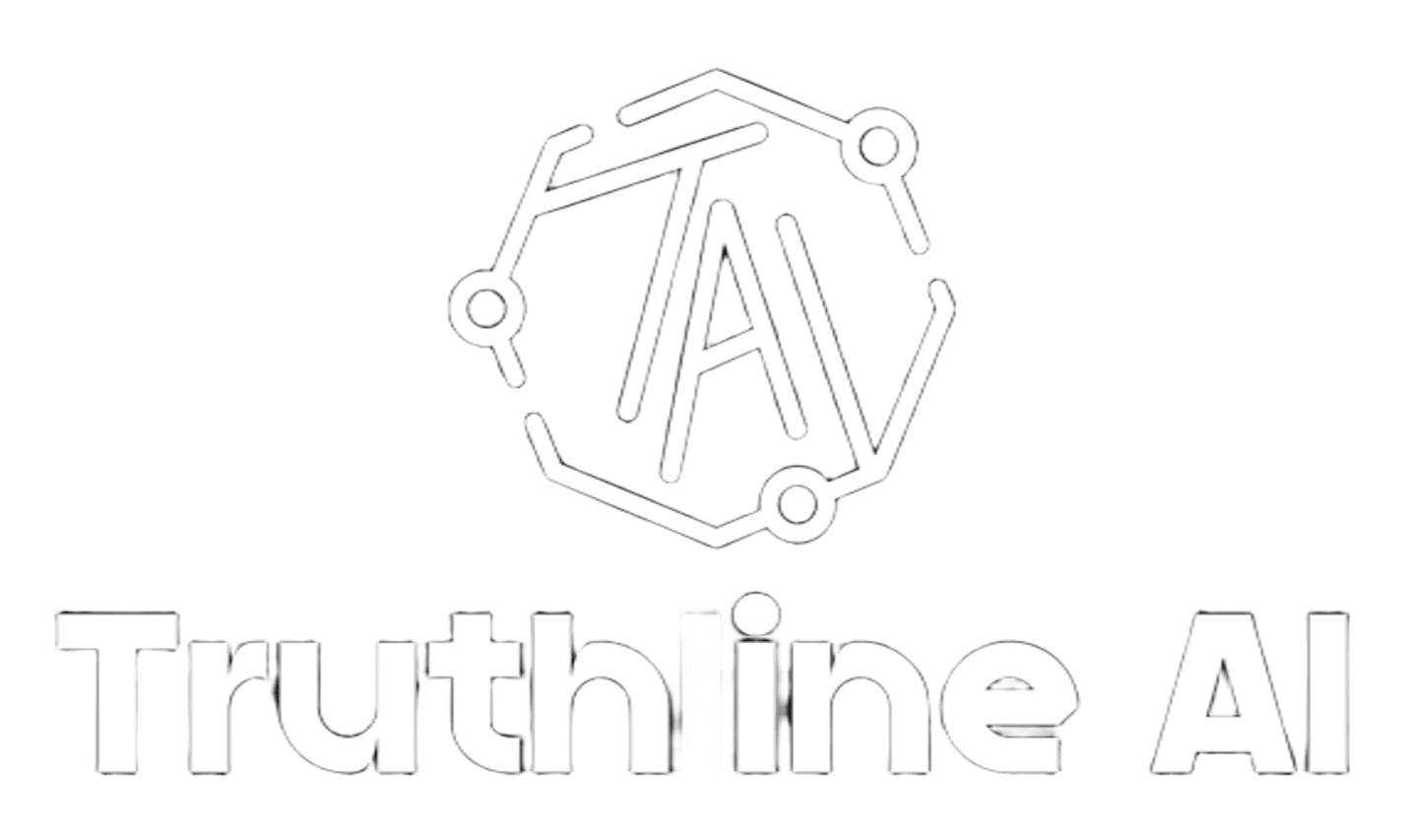Analysis of The Business Daily Newspaper -July 23,2025
Tone
The tone of The Business Daily on July 23, 2025, is predominantly critical and investigative, exposing systemic flaws in governance, finance, and corporate practices. While it maintains a factual approach, there is an underlying urgency in highlighting inefficiencies, corruption, and policy gaps affecting Kenya’s economy. The language leans toward accountability, urging reforms while cautiously noting potential opportunities, such as Isuzu’s EV market entry.
Track
The newspaper consistently tracks themes of financial mismanagement, regulatory breaches, and market shifts, reflecting a focus on economic governance and corporate accountability. Recurring subjects include corruption scandals (fuel theft, procurement violations), policy contradictions (fuel subsidies, retirement disputes), and emerging sectors (EVs, privatization). This suggests a commitment to monitoring both systemic failures and transformative economic trends.
Framing
Stories are framed to emphasize institutional failures such as the Central Bank bypassing laws or Kenya Power’s corruption while juxtaposing them with private-sector innovations like Isuzu’s EV plans. The framing often positions the government and public institutions as inefficient or opaque, contrasting with private enterprise as a driver of progress. However, it also raises caution about unresolved challenges, such as EV infrastructure gaps and inequitable privatization.
Editorial Agenda
The editorial agenda prioritizes exposing financial misconduct, advocating for policy reforms, and scrutinizing public-private sector dynamics. It pushes for transparency (e.g., securitization concerns), equitable economic growth (e.g., MSME financing gaps), and adaptive strategies (e.g., mental health in workplaces). The agenda aligns with a pro-market yet socially conscious perspective, balancing critique with forward-looking analysis.
Conclusion
The Business Daily presents a sharp critique of Kenya’s economic governance while cautiously acknowledging private–sector advancements. Its tone demands accountability, its track highlights persistent systemic issues, and its framing underscores contrasts between failure and innovation. Ultimately, the editorial agenda calls for corrective measures, positioning the paper as a watchdog for both public integrity and sustainable business growth.
